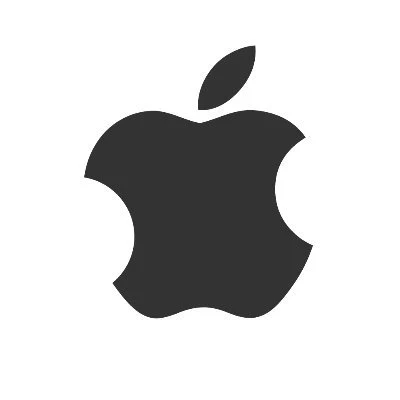Guide:
Understanding the Challenge:
- macOS has limited support for Nvidia GPUs like the GTX 1650, especially in newer versions. Hence, you've activated the iGPU (Integrated GPU) for macOS.
- However, constantly switching monitor cables between iGPU and dGPU (Dedicated GPU) for dual-boot systems is inconvenient.
- Ideally, you want macOS to use the iGPU for display output while keeping the monitors connected to the dGPU.
Step-by-Step Solution:
1. BIOS Configuration:
- Ensure that both iGPU and dGPU are enabled in the BIOS.
- Set the primary display adapter to iGPU.
2. Configuring OpenCore for iGPU:
- Modify your `config.plist` in OpenCore.
- Under `DeviceProperties`, add properties for the iGPU to ensure it's recognized and used by macOS.
- Depending on your iGPU, you might need to inject specific device IDs or framebuffer information.
3. SSDT Patching:
- For advanced configurations, you might need to create SSDT patches that help macOS properly initialize and use the iGPU while a dGPU is present.
- This can be particularly tricky and may require some research based on your specific CPU and motherboard.
4. Disabling dGPU in macOS:
- You can try disabling the Nvidia GPU in macOS using SSDT or device properties so that macOS doesn't try to use the unsupported dGPU.
- This doesn't disable the GPU physically, but it prevents macOS from interacting with it, thus avoiding potential freezes.
5. Troubleshooting Boot Freezes:
- If macOS starts loading and then freezes, it's often due to a conflict or improper configuration of the GPUs.
- Boot in verbose mode (`-v` boot flag) to see where it freezes and use this information for troubleshooting.
6. Testing and Validation:
- Once configured, boot into macOS and check if the iGPU is handling the display output correctly.
- Use system information and graphics/utilities to confirm that the iGPU is being used.
7. Dual-Boot Considerations:
- When booting into your other OS (like Windows), the dGPU should function normally as the primary GPU.
- Ensure that the BIOS settings do not interfere with the functionality of the dGPU in the other operating system.
8. Community Resources and Help:
- If you run into issues, consider seeking help from Hackintosh communities or forums. Users with similar hardware may have valuable insights.
9. Regular Updates:
- Keep your OpenCore and kexts updated. Sometimes, updates can bring improvements or fixes to GPU handling.
Important Notes:
- This setup is complex and may not work flawlessly given the mixed GPU environment and macOS's limited support for certain Nvidia GPUs.
- Always backup your EFI folder and important data before making changes.
- GPU compatibility and behavior can vary significantly depending on the macOS version and the specific hardware combination. Author: @Pleasant_Schedule675

using monitors connected to dgpu while igpu generates video?. I have just Success fully activated igpu on MacOS. However, I have a dual boot system and a dedicated video card (gtx 1650), and whenever I want to enter macOS, I will have to remove the monitor cables and connect it to the igpu so that work.
So, I would like to know if it is possible to use macOS with the cables plugged into the dgpu, while the igpu generates the video?
What happens if I try this combination? macos starts loading and freezes.
I have a r5 5600g and gigabyte b550m
Post a Comment